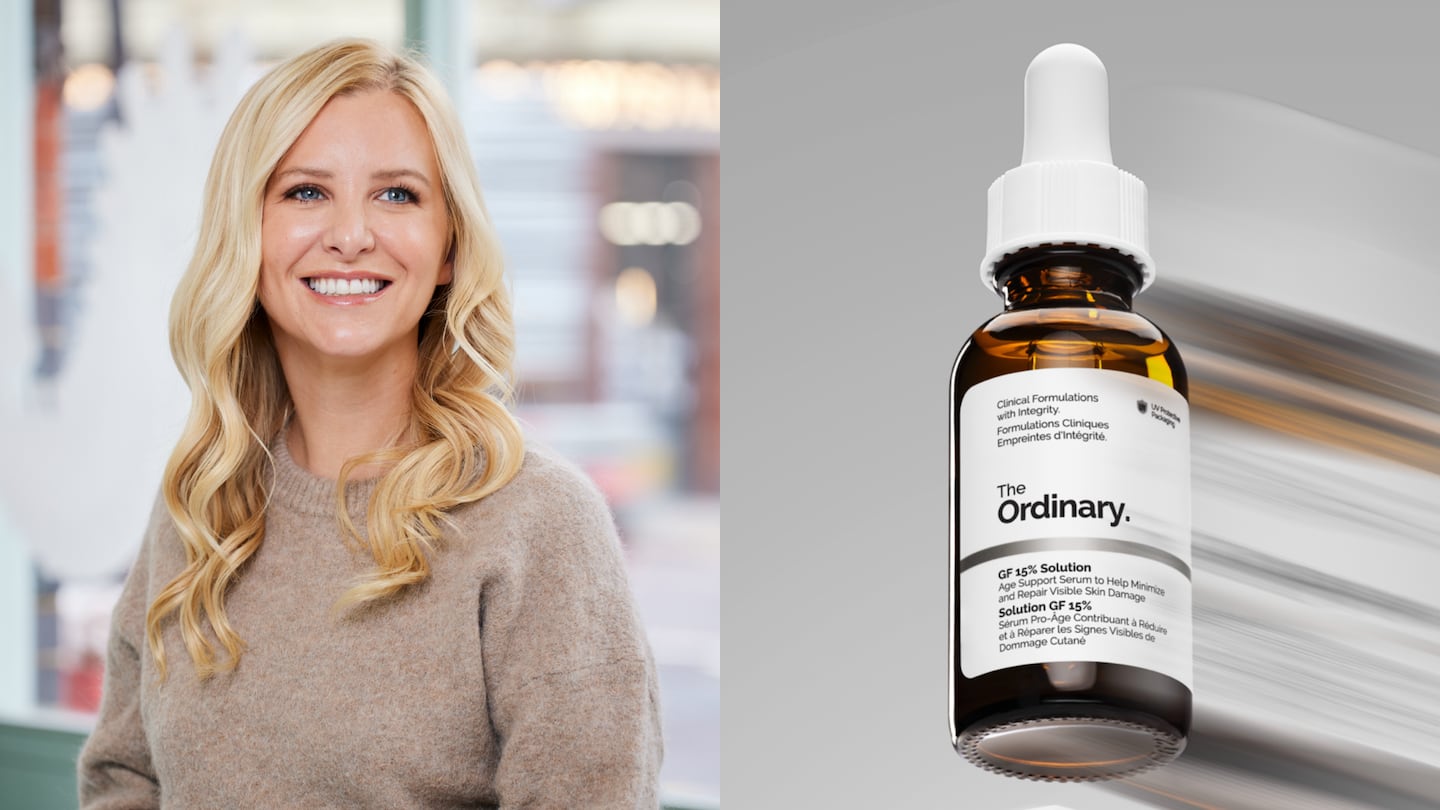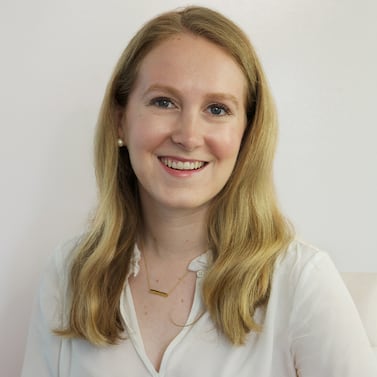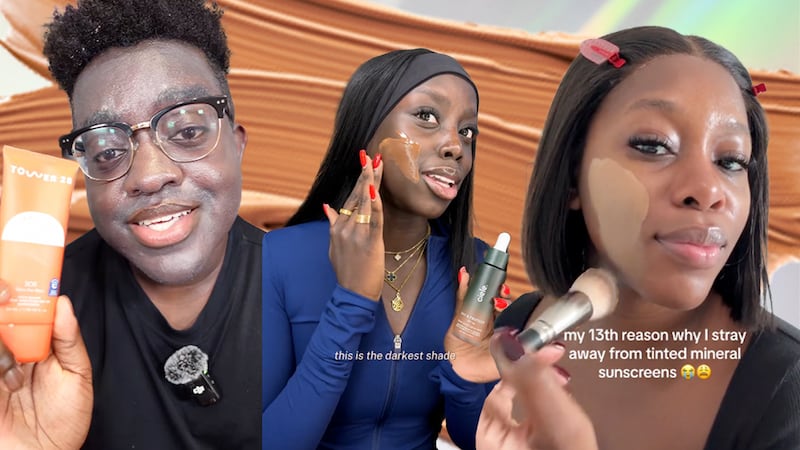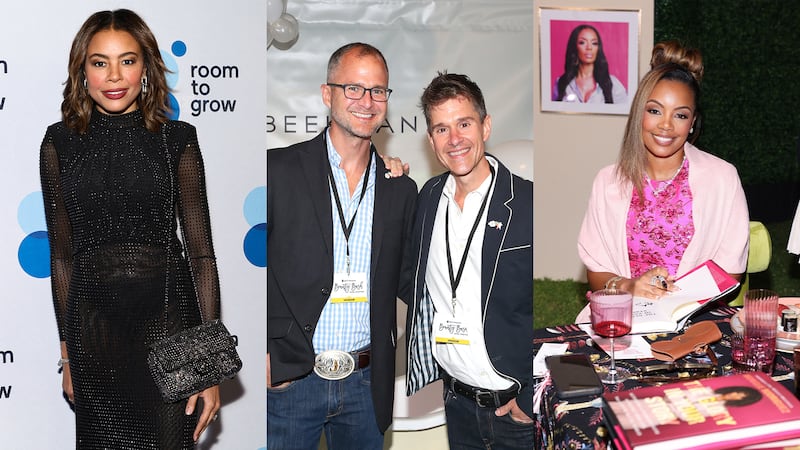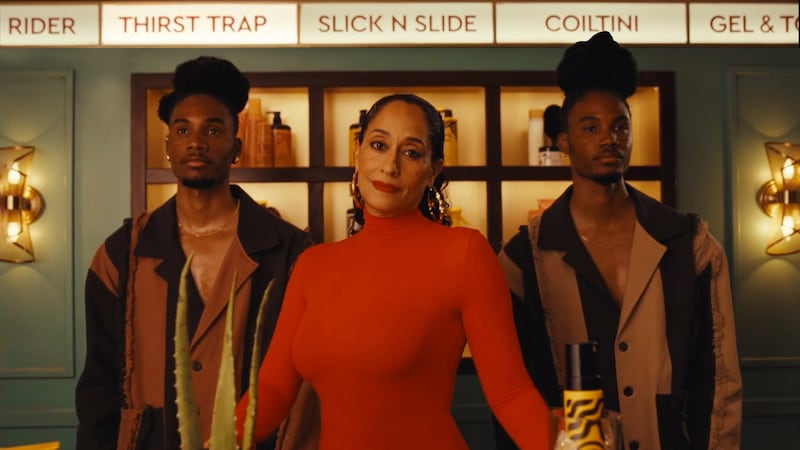Agenda-setting intelligence, analysis and advice for the global fashion community.
 Opens in new window
Opens in new windowWhen Deciem launched in 2013, it was the ultimate beauty disruptor.
The company’s flagship brand, The Ordinary, changed the skincare game by offering a science-backed approach to skincare at an ultra-affordable price, selling serums with ingredients like niacinamide and hyaluronic acid for under $10 a bottle. What’s more, the brand made radical transparency a core tenet of its branding with high-profile campaigns.
That value proposition quickly made The Ordinary a household name. In 2017, Estée Lauder Companies first invested in Deciem and completed its acquisition of the company in 2024. Today, however, Deciem is a very different company, operating in a much-changed industry. Co-founder Brandon Truaxe, the brand’s most public face, died in 2019, and The Ordinary’s differentiating factor — ingredient transparency at an affordable price — is now an industry standard. Plus, there are countless upstarts nipping at its heels, something the company has begun to tackle by reviving or relaunching some of its sister brands, like the high-tech prestige skincare line Niod, the body care range Loopha and the cult fragrance brand Avestan. Even amid those changes, Deciem has stayed true to its ethos, according to co-founder Nicola Kilner, who stepped down as chief executive late last year to focus on the storytelling and people side of the business. In many ways, she says, the values it began with are more relevant than ever.
According to Kilner, while a founder can embody a brand’s values, if those values are truly woven into a brand’s DNA, across everything from packaging to product and purpose, those values can allow the brand to grow bigger than the founder.
ADVERTISEMENT
The Business of Beauty: The Ordinary has grown from being a founder-led, groundbreaking start-up, to being owned by one of the biggest beauty conglomerates in the world. What has that evolution looked like from your perspective?
Nicola Kilner: It’s changed a lot, but I never feel like the changes are because we’re part of ELC [Estée Lauder Companies], it’s because of the size of the business today. At any point in business, you have amazing things and you have headaches. When you’re a start-up, you’re worrying about how to pay bills. As you get bigger, we have to be very considered around making sure every market is ready to go at the same time. We can’t afford to make mistakes in the same way. In the early days, we would launch and then we could change packaging a few months later. With The Ordinary, we’re now at a place where because we understand our community and what they expect from us, we have to just take a little bit more time to get it right.
At the same time, if a trend happens on TikTok, we’re jumping on that trend; it needs to be live within a day. There isn’t time to do a deck, go to meetings and get approval. We try to put in structure where we need it but also stay super nimble in things where we need to react quickly. One thing that’s consistent is the values, particularly when it comes to creativity, authenticity and transparency. There are some things that we will never compromise on.
The Business of Beauty: When The Ordinary launched, it was groundbreaking to be offering these products at an affordable price point and also to be so transparent around ingredients. Now you have a consumer who’s so much more educated on skincare, and there’s just so many more brands out there. How has the market changed for you and what have been the advantages of that?
NK: In the last decade, the amount of indie brands out there now is just phenomenal, and I love it. It keeps it interesting. You don’t need big marketing budgets now to find your niche and break through. It’s a really good thing because for a while, the big conglomerates almost had it easy because there weren’t enough viable challengers.
The biggest change we’ve seen in the last decade is a shift of where the power sits, because it’s gone from brands to actually the consumers holding the power. When I think about my mum, she would look in a glossy magazine and see a Julia Roberts ad, but had limited resources to actually teach herself about ingredients and get peer reviews beyond word of mouth. Now, most of us have already decided what we are going to purchase before we go into a shop. Your ingredients, your story, this really matters and consumers will call you out. If you’re bullshitting them, they have the power to cancel you.
The Business of Beauty: In beauty, there’s this culture of the founder-led brand and the cult of personality. How did you evolve the brand after Brandon passed away and you couldn’t rely on that in the same way anymore?
NK: We had a founder who was very impactful on our team, and I actually think that’s what has allowed us to continue because he was a teacher. When he was creating Deciem, Brandon brought in so many of us that didn’t have that much experience. We were all just in our early twenties, maybe had one job so far, we all came with blank slates. We weren’t preconditioned to think that you should be one thing, and he instilled this confidence. I see Deciem as the founder of our brands because actually Deciem is this core which Brandon created [Deciem also developed prestige skincare line Niod and body brand Loopha]. We all have this shared sense of the values and authenticity, innovation, trust, these things that are so critical to us, [but also to the] brands that Deciem will create.
ADVERTISEMENT
There are areas where a public founder is important. For example, fashion, you follow someone’s style. I think beauty is always quite interesting because beauty is an area where I think it takes so many different experts to make something magical, and actually Brandon was rare because he truly was an incredible designer, an incredible formulator, an incredible marketer. He actually was incredible at everything, but that’s quite rare.
The challenge with having those types of very visible female founders is that, in a way, you’re limiting your brand.
The Business of Beauty: Do you think we’re moving away from the founder-led beauty brand? Obviously, there are some very prominent examples, like celebrities Selena Gomez or Hailey Bieber, but it also feels like there is a little more separation compared to the late 2010s.
NK: My gut would say we’re moving away from it. The challenge with having those types of very visible female founders is that, in a way, you’re limiting your brand. People will think, ‘Well, I’m much older than them, I’m much younger,’ if you don’t feel like you fall into that group. We always say we don’t think about consumers from a gender or age group. We think about consumers from mindsets. Do they share our values? Are their thoughts aligned with us? Whereas I feel like when you’re more founder-led, you’re naturally going to target a demographic who associates with that person, because actually, the brand could be much wider than that.
The Business of Beauty: How do you think that founders can balance wanting to give their brand a human connection without being too reliant on that one person?
NK: We’ve always just put the brand first, and of course, we all do podcasts, we’ll do press, and again, that’s more just to tell the story because we’re good at telling the story. On our social media, 2018 was obviously an unusual year for us. [After a series of troubling messages on social media, The Estée Lauder Companies, then a minority investor in the company, removed Truaxe from the brand in 2018.] But outside of that, you would never see Brandon, particularly on social media, you’d never see myself because the brand is more than us. The brand is about the community, the values, the integrity, everything we stand for, and we’ve never really needed to sell it based on an individual.
The Business of Beauty: There’s so much talk about the importance of building a community as a brand. How have you maintained that, even as the brand has grown?
NK: We were lucky in the beginning that I feel like the community formed itself. On Facebook, there’s The Ordinary chat room, which has over 200,000 members. [That] community is independent of us, which I actually think is much more organic. The reason it started is because we actually gave people the tools to talk about skincare because, before that, people didn’t understand niacinamide or all these other ingredients.
Also, the fact is that we’ve always stayed true to our values, even as we’ve gone through difficult times. We’ve lost our founder, we went through an acquisition, but people have always felt we maintained our values.
ADVERTISEMENT
This interview has been edited and condensed.
This article first appeared in The State of Fashion: Beauty Volume 2, an in-depth report on the global beauty industry, co-published by BoF and McKinsey & Company.
